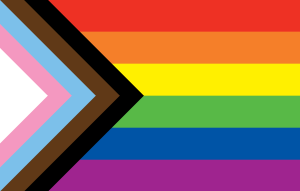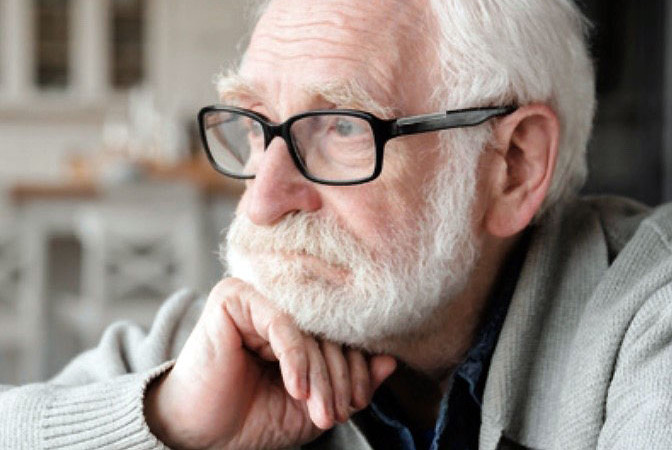Grief, Trauma and Emotional Scars
An NCCG Blog
By Dianne McKissock OAM
Co-founder, National Centre for Childhood Grief
June 2023
By the time we reach old age the scars on our bodies are evidence of a lived life. A kind of visual, physical history of genetics, activities, choices, accidents, surgery, misadventure and loving. But not all scars are visible – some are emotional, and private, situated deep in our minds and hearts.
What do we mean when we talk about emotional scars? What are they and what causes them? Some experiences in our lives are intense and cause pain that endures for a long time, pain that is easily re-stimulated. Our understanding of emotional scars might be helped if we use physical analogies, for example, we might describe the memory the experience creates as a kind of psychic bruise. With help, and the passage of time, we learn how to live with the experience but the ‘bruise’ remains vulnerable and the memory of pain is easily returned to foreground and re-experienced.
What might ‘push our buttons’ to use a familiar expression? Anything that affects our senses has the power to touch our psychic ‘bruises’. Sights, sounds, touch, tastes, and smells can transport us to that place of pain where everything feels ‘too’ – too bright, too loud or unkind, too invasive or abrasive, too hot, cold, spicy, where even subtle smells can seem overpowering. Overtiredness, stress or illness can make our ‘bruises’ even more acutely sensitive to stimuli and our reactions more intense than usual.
When this happens, we all tend to regress, our reactions likely to be whatever aspect of the fight, flight or freeze response is characteristic of our personality and the nature of the ‘event’ that caused our initial experience of intense pain. Some of us will be angry, others, scared or sad – all of us exaggerated versions of our former selves just as we were at the time of the initial ‘event’.
If the initial traumatizing ‘event’ is the death of someone dearly loved and central to our identity and sense of well-being, one of the scars tends to be of heightened anxiety around any separation. Goodbyes might become more difficult, and if anyone is later than anticipated, it’s easy to catastrophise and imagine the worst. Another ‘scar’ might be the fear of attachment. Our self-talk might be along the lines of ‘if I let myself love this person they’ll die and I’ll be hurt all over again.’
For some, the opposite might be true, the fear of being alone or living with an empty heart space propelling the grieving person headlong into a new relationship, or of being so fearful or needy that every minute of the day has to be filled with activities or people.
Grief is a very lonely experience at the best of times, and unfortunately, this level of neediness has the potential to push people away at the very time when compassionate company is an essential ingredient for helping us learn how to live with grief.
How can we manage our psychic ‘bruises’? How do we learn how to live with them? A simple check list might help.
- Acknowledge and value our bruises – they are there because we have the capacity to feel, to love, and to be connected
Scar ‘tissue’ can be strong – proof of our ability to survive trauma and live with grief. - If we listen to our bodies, ‘bruises’ can be useful barometers that tell us when to rest, take time out, avoid distressing people and situations, and when to seek help.
- As soon as we are able, take care of our own needs as much as possible so that those that remain are not overwhelming and make people who care feel useful and competent.
- When possible, do something helpful for someone else – a reminder that we can give as well as receive. We are resourceful survivors, not victims.
- Find things that give us a sense of peace – sights, sounds, touch and tastes that soothe.
- Keep unfinished business to a minimum – find constructive ways of letting people know when they cause hurt; tell people what we appreciate and what feels good.
- Ask people to let us know if they are going to be late and when they arrive safely at a destination. Make sure we do the same for others.
- Make a list of all the people we can call when the going gets tough. Include the team at the NCCG on that list – available on 1300 654 556 or [email protected]. Most of us benefit from good counselling at the right time, in the right place, from the right people. You might also choose to include the Centre’s outreach service – [email protected].




